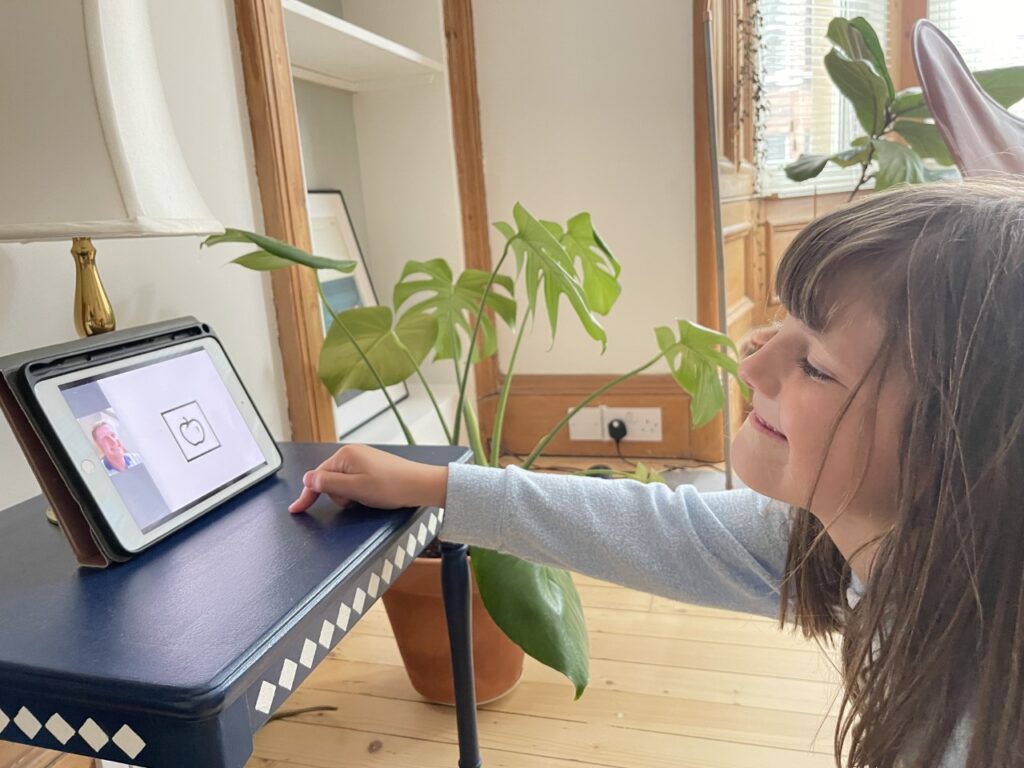Forth Valley residents may soon be able to test their eyes at home thanks to an innovative technology project.
Two companies have been selected as part of a Small Business Research Initiative (SBRI) competition funded by NHS Scotland to explore how health professionals can remotely carry out tests and check results.
If successful, it is believed the project could considerably reduce waiting lists, ease pressure on clinic space, limit hospital contacts during the pandemic and bring the potential for home tests to be carried out by parents and carers.
The research is being led by NHS Forth Valley consultant ophthalmologist, Dr Iain Livingstone.
He said: “This is an opportunity for patients, carers and parents to be involved in the development of a new at-home vision test, so the end result works for everyone.
“Amblyopia (“lazy eye”) clinics represent more routine business and the Covid-19 pandemic has inevitably resulted in delays in monitoring and interventions such as spectacle correction and patching. NHS Forth Valley, in collaboration with NHS Birmingham Women’s and Children’s Hospital, is now entering phase two of a SBRI evaluating digital tools for remote visual testing.
“In pre-Covid times NHS Forth Valley sees approximately 104 new paediatric patients and 809 paediatric return patients per month. Current capacity is reduced by approximately one third and success in home testing could transform vision testing and ensure eye problems are detected easier and faster in order to prevent sight loss.
“Results from our pilot studies have shown promising results, indicating that remote live testing gives us results we can trust. With high-resolution screens in almost all houses, it becomes possible to bring the clinic to the home.”
The SBRI supports a programme of competitions inviting companies to come forward with their ideas and new technologies for known NHS challenges.
Successful applicants of the home testing initiative receive 100 per cent funding and have access to advice from NHS Forth Valley, NHS Ayrshire and Arran, NHS Fife and NHS Highland.
The two companies selected to go forward from the initial four have been awarded up to £40,000 each and will develop a prototype and undertake testing for up to nine months in the NHS Test Bed before developing their solution commercially.
